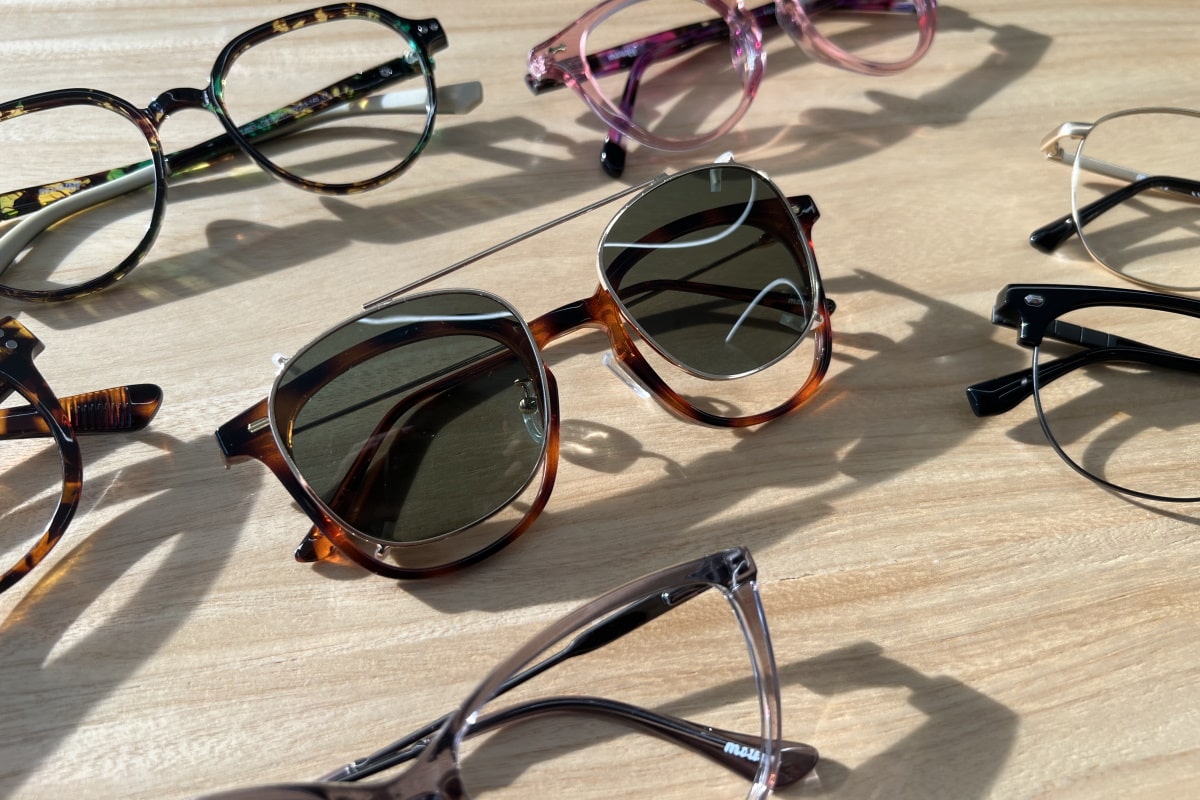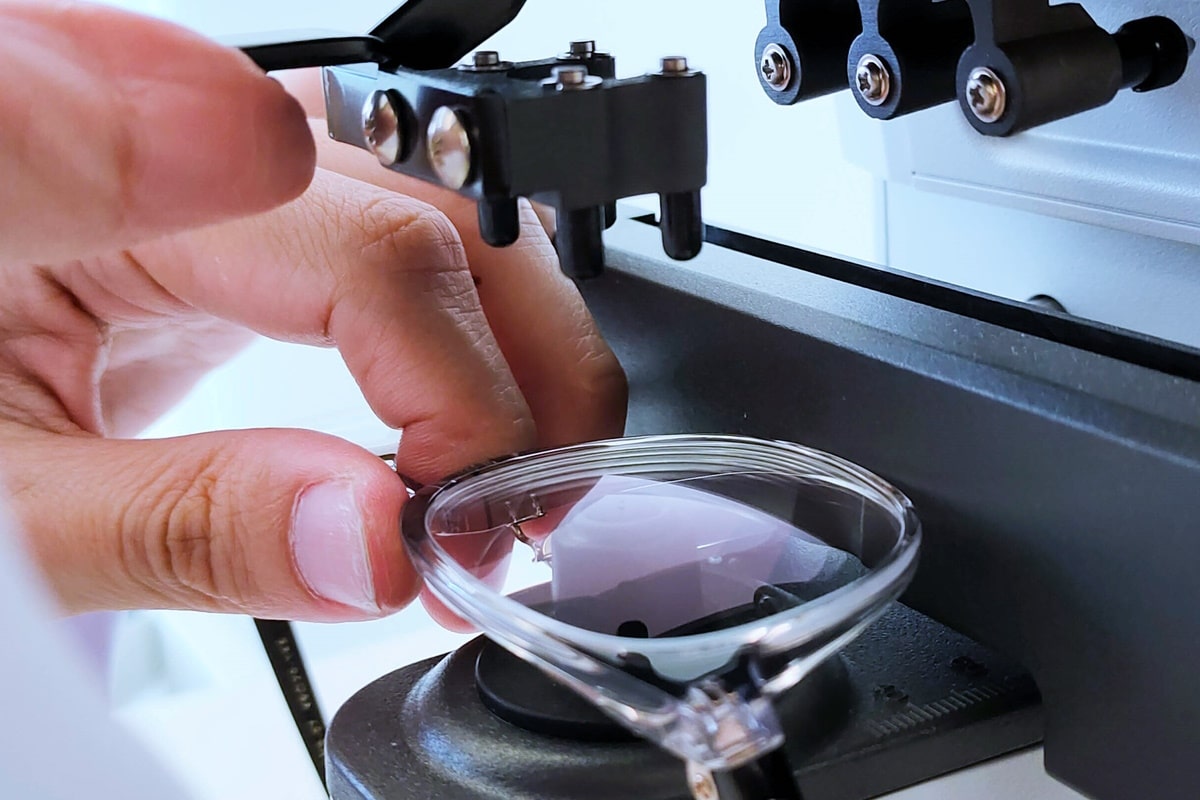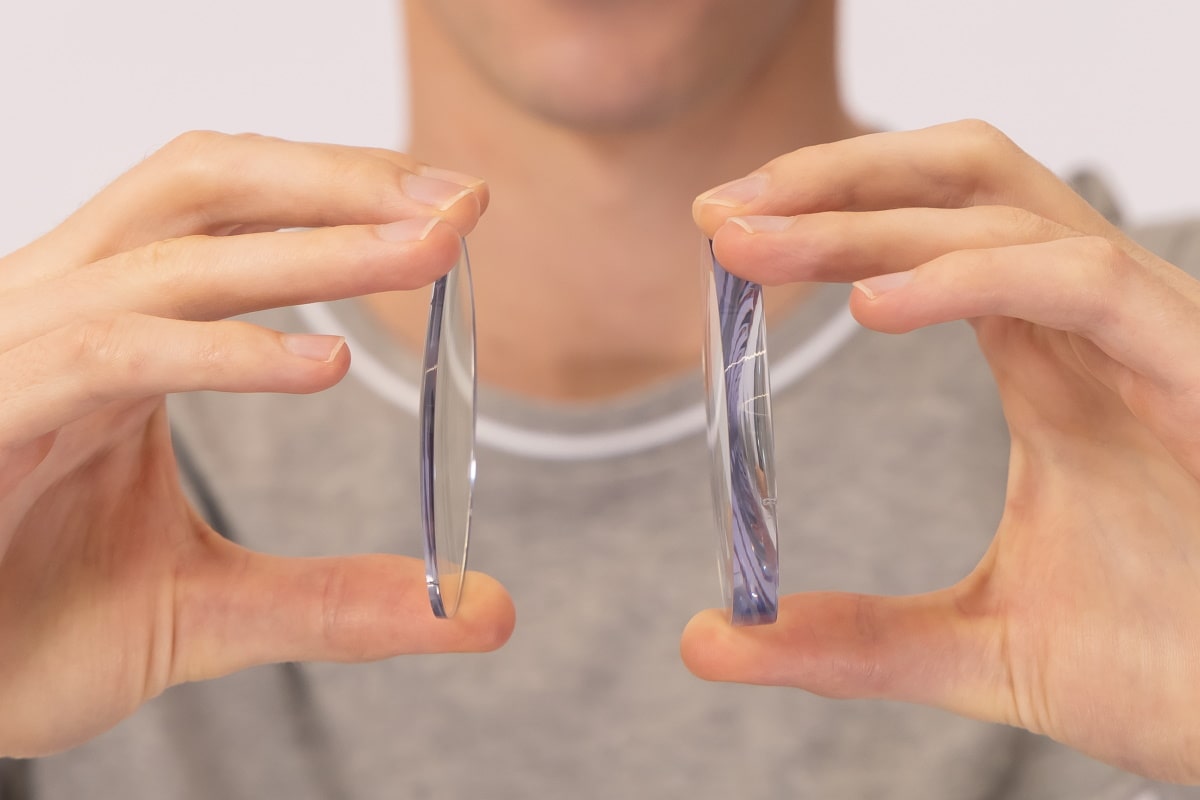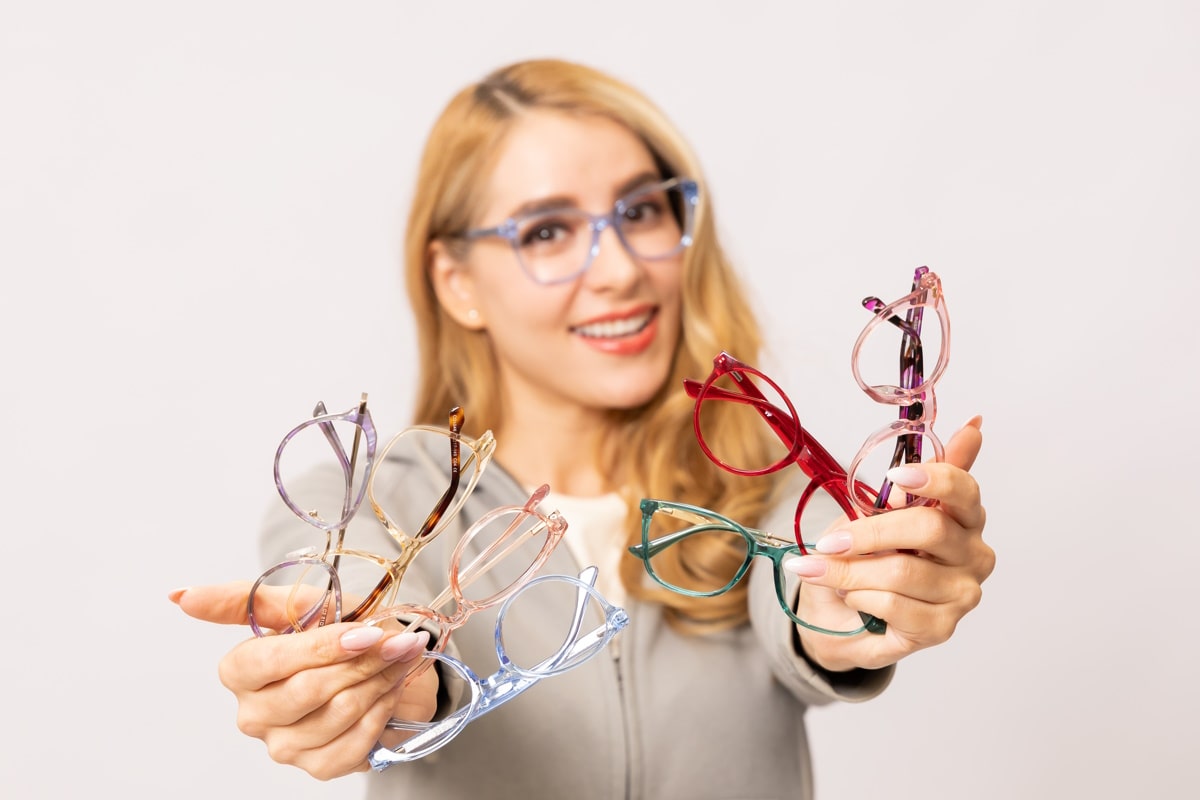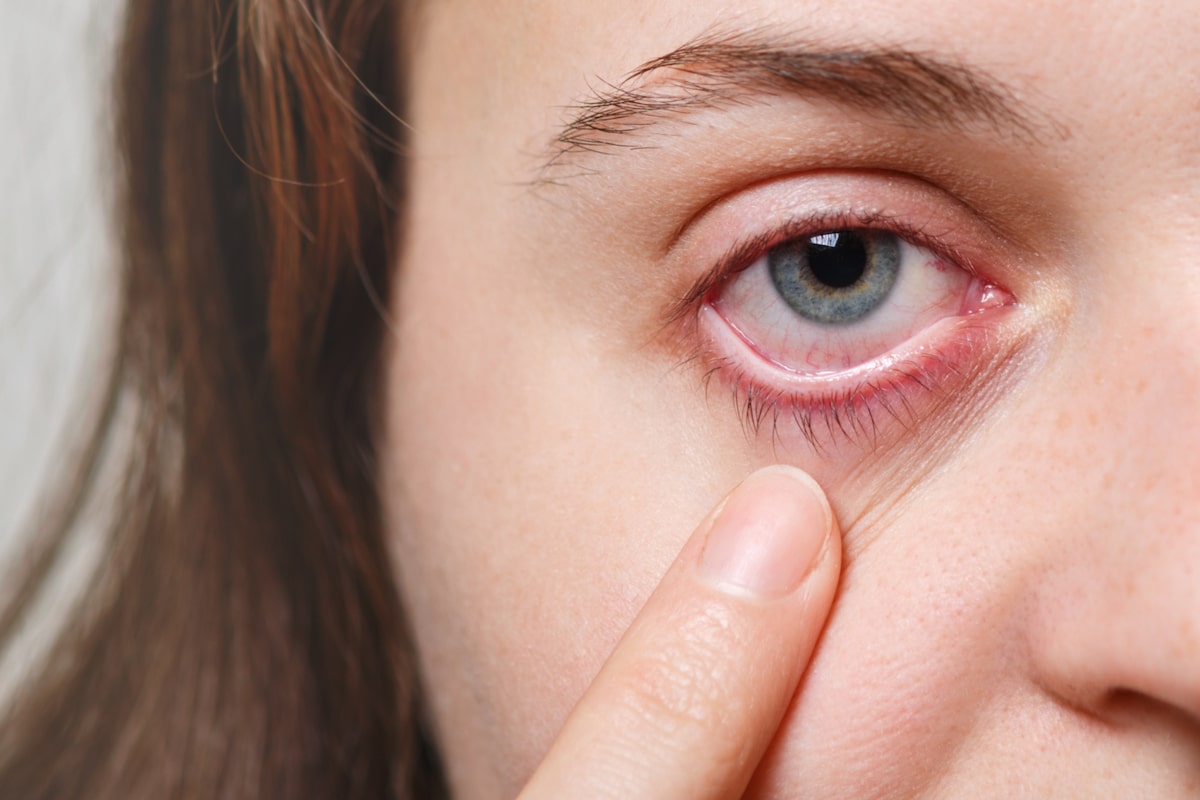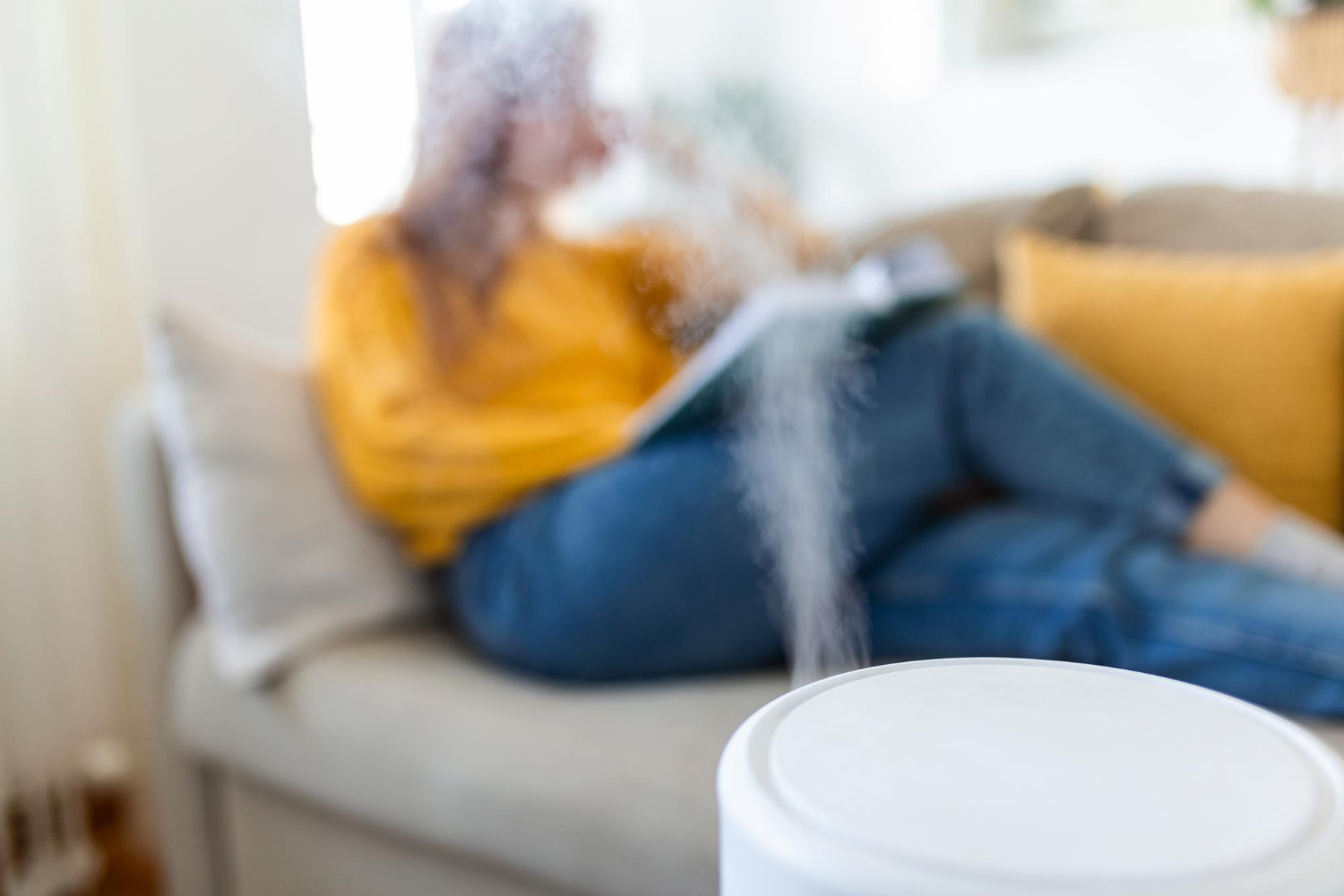Itchy Eyes: Why It Happens & How to Treat It
Do your eyes feel like something is constantly irritating them, no matter how much you blink or rub? If so, you could be experiencing a common symptom of eye irritation: itchy eyes.
A single itchy sensation can be enough to make us miserable, so today we’re delving into the various reasons that lead to this uncomfortable situation — and more importantly — what you can do about it.
Table of contents
What are the causes of itchy eyes?
Itchy eyes can occur for a number of reasons. Here are the most common ones you need to know about:
1. Allergies – the most common cause
Allergies are actually one of the most common causes of itchy eyes, and they happen when your body reacts to something that it thinks is dangerous. Some itch-inducing environmental allergens include pollen, dander, and dust.
Irritants can either be seasonal or perennial. Seasonal irritant-related eye itchiness typically happens during spring, summer, or fall and is often related to environmental factors such as pollen and mold.
Perennial allergies, on the other hand, are allergies that occur year-round. This can come from smoke, dust mites, pet fur, insect bites, and even certain types of food like nuts and shellfish.
2. Dryness in the eyes
Another culprit of itchy eyes is dryness. If your eyes don’t have enough moisture, they might turn itchy.
Eye dryness can be caused by a lack of tears or by environmental factors, such as wind and air conditioning.
3. Eye strain from daily activities
Our modern lifestyles are filled with activities that put too much stress on our vision — from staring at screens for extended periods of time, to driving under challenging conditions like bad weather, or reading in the dark. Many of these demand our eyes to work harder.
4. Contact lenses
If you wear contact lenses, taking good care of them is crucial as the potential health risks associated with wearing them irresponsibly can be severe.
Wearing non-hygienic or expired contact lenses greatly increases one’s risk of eye infections, corneal abrasions, and ulcers. Some studies have even shown that wearing contact lenses reduces oxygen delivery to your eyes.
5. Infections
Conjunctivitis is a common eye infection that causes redness, irritation, and discharge. It’s highly contagious, so it pays to take extra precautions if you or someone around you has it.
Keratitis is another infection that causes inflammation of the cornea, the clear outer layer of the eye. Keratitis can be caused by infections, trauma, or chemical irritants. Its symptoms include eye pain, redness, sensitivity to light, and blurry vision.
If either of these infections goes untreated, it can lead to more serious complications such as blurred vision or even vision loss.
6. Blepharitis
Blepharitis is a common eye condition that affects people of all ages. It occurs when the eyelids become irritated, inflamed, and swollen, which can lead to very uncomfortable symptoms.
Initially, it may show up as redness or scaliness along the eyelid margin. This redness or scaliness can be caused by oil or debris accumulating in or around the lashes or glands that line the eyelids. Additionally, blepharitis can cause itchy, burning eyes due to high amounts of bacteria present on the skin’s surface, leading to inflammation and discomfort.
How to treat itchy eyes at home
In most cases, you can treat itchy eyes at home with the following:
1. Eye drops
Eye drops are one of the most common treatments for itchy eyes. These are typically formulated with antihistamines to help reduce inflammation and itching and lubricants to moisturize your eyes.
You can buy over-the-counter eye drops or opt for prescription eye drops from an optometrist. Be sure to read all instructions carefully and consult your doctor if necessary.
2. Cold or warm compresses
Applying cool compresses to your eyes is another way to reduce itchiness, as well as puffiness. Take a clean cloth or washcloth, soak it in cold water, and apply gently over the eyes for 10 to 15 minutes at a time. This can help soothe irritated eyes and provide relief from itchy sensations.
You can also opt for a warm compress, which is an effective way to reduce inflammation in the eyelids. To make a warm compress, soak a clean cloth or washcloth in lukewarm water, then apply gently over your eyes for 10 minutes at a time.
Applying a warm compress hits two birds with one stone, as it can also alleviate blepharitis-induced itchiness. Still, topical ointments like antibiotics and creams prescribed by a doctor are most effective for this condition.
3. Oral anti-allergy medications
In some cases, your eye doctor may recommend taking oral anti-allergy medications to relieve the symptoms of itchy eyes. These medications can range from over-the-counter antihistamines to prescription drugs that help alleviate inflammation and allergic reactions.
Be sure to talk to your doctor before taking any anti-allergy medications, as they can cause serious side effects if not taken properly. Additionally, these medications should only be taken for short periods of time and in the smallest doses possible.
4. Humidifiers
Dry air can aggravate eye itchiness, so it’s important to keep your home as humidified as possible. Using a humidifier in rooms where you spend most of your time can help reduce dryness, which in turn relieves itchy eyes.
If you wear contact lenses, be sure to keep the humidifier away from them, as it can trap moisture in the lenses and cause irritation.
5. Saline solutions
Saline solutions can help wash away irritants from your eyes and provide relief for itchiness. You can either buy over-the-counter saline solutions or make one using a teaspoon of salt dissolved in a cup of warm water.
To safely apply saline solution, remember to wash your hands thoroughly first. Gently pull down your lower eyelid and slowly squeeze a small amount into your eye. Don’t touch your eyes or eyelashes with the tip of the solution bottle.
Close your eye and gently press your finger against the inner corner of your eye for a few seconds to help spread the solution evenly. Discard and don’t reuse the solution as doing so can possibly reintroduce bacteria and increase the risk of infection.
Above all, never apply any saline solutions directly onto your eyes! Doing so can cause further irritation and discomfort.
How to know when to see a doctor
Itchy eyes can be a sign that something more serious is going on, such as an infection or allergy. If the itchiness does not subside after trying home remedies, you may need to see a doctor.
If your eye itchiness is accompanied by any of the symptoms below, it’s best to see a doctor right away. Professional help is also recommended if your vision begins to blur.
- Increased puffiness around the eyes
- Discharge from one or both eyes
- Crusty eyelids
- Redness that seems to spread from one eye to the other
- Worsening eye pain
Pay close attention to any changes in your eyes — it just might save your sight!
How to prevent itchy eyes
In addition to treating itchy eyes, you can prevent them by practicing proper eye care. Here are a few tips:
1. Identify allergens and remove them ASAP
If you have seasonal allergies, it’s important to identify what triggers them and remove them from your surroundings as soon as possible.
Additionally, consider investing in an air purifier to reduce allergens in your home. This can at least keep eye itchiness from recurring and keep your eyes healthier.
Servicing your air conditioner regularly can help remove airborne allergens hiding within the filters.
2. Practice good hand hygiene habits
Make sure to wash your hands often throughout the day, especially before touching your eyes. Doing so can help prevent the spread of bacteria and germs, thus reducing your risk of itchy eyes. And we can’t stress this enough — never rub your eyes!
3. Maintain discipline in removing makeup
When removing makeup, be sure to use an oil-free cleanser or a product specifically designed for removing eye makeup. This helps reduce the risk of allergies or irritation.
Also, never share your eye makeup with anyone — sharing cosmetics can increase your risk of infection and cause itchy eyes.
4. Give your eyes a break (and a workout)
To prevent itchy eyes caused by eye strain, take regular breaks from looking at your screens, avoid bright lights when possible, and practice good eye hygiene habits such as blinking frequently. Doing a few eye exercises on a daily basis, like rolling your eyes in various directions or focusing on distant objects, can also help.
If you spend most of your day looking at screens or in difficult lighting conditions, you may want to consider investing in computer glasses and a bright light therapy lamp to help reduce eye strain. These special lenses and lamps can help reduce the strain on your eyes and provide relief from itchy sensations.
5. Keep your contact lenses clean
Anything that comes into direct contact with your eyeballs should pass the strictest standards of cleanliness.
Clean your lenses with a special solution designed specifically for contacts and take them out before bed to reduce the risk of infection. If you start to feel your eyes getting irritated by the lenses, take them out and give your eyes a break.
Replacing your contact lenses as often as recommended by your optometrist is also a must. Whether they’re the daily or monthly type, it is essential to dispose of them as soon as their time is up.
If maintaining contact lenses becomes too much work for you, you can always make the switch to glasses. Here, we take the guesswork out by weighing the pros and cons of eyeglasses versus contact lenses.
6. Consume food with more vitamin A and omega-3 fatty acids
What you eat plays an important role in the health of your eyes.
Eating foods rich in vitamin A and omega-3 fatty acids can help reduce inflammation and improve overall eye health. Foods containing these nutrients include eggs, salmon, spinach, tuna, carrots, and sweet potatoes.
Itchy eyes should be looked after
In short, don’t ignore itchy eyes! If symptoms persist, make an appointment with your doctor so they can rule out any serious underlying conditions.
Taking care of your eyes now will help prevent bigger and more painful problems down the road.

Written by:
Juan Villarba

